Dr. Prisca Dr. Prisca Kizito is a GEC-sponsored EM physician and an assistant lecturer at…
Fighting COVID-19 in the US and Uganda
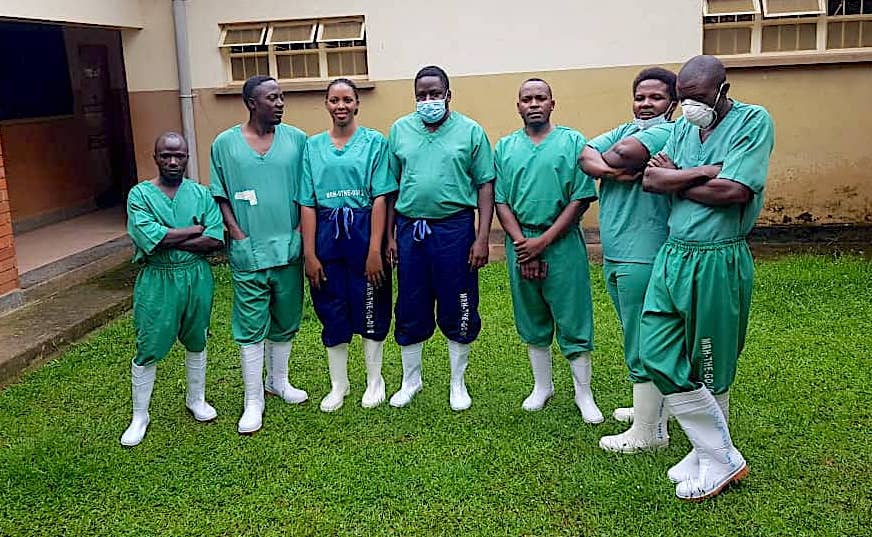
Patient volume in the ED – Fear of contracting COVID-19
In the US, Emergency Department (ED) patient volumes have been 40-50% lower than normal over the last month at University of Maryland Medical Center. Decreased travel and recreation have greatly reduced the number of injuries. Moreover, fear of contracting Coronavirus at the ED or hospital is also impacting patients seeking care even when they are ill.
In Uganda, Emergency Care Practitioners (ECPs) working on the front lines of the COVID-19 response in Uganda are seeing a similar decrease in ED patient volume, but the patients coming to the ED are much sicker. Part of the Ugandan government’s COVID-19 response has been to restrict public transportation, especially by boda boda, motorcycle taxis that are prolific across Uganda, in an effort to decrease virus transmissions. Decreased traffic has reduced injuries from road traffic accidents seen in the ED, but there is concern seeing more patients presenting with injuries sustained in episodes of interpersonal violence, especially within the home. Similar to the US, our ECPs are worried about violence with families quarantining at home in a time of increased stress.
Furthermore, economic concerns stemming from the COVID-19 shutdown have increased poverty, further limiting patients’ resources for seeking healthcare. Charles: “Patients are not afraid to come to ED because of COVID-19, simply because we haven’t got any COVID-19 cases in western Uganda, but they are not coming simply because of the measures put in place by the government to stop the spread of the virus.”
Providing care during COVID-19 and effects on the quality of care
In the US, social distancing is an effort to “flatten the curve” and ensure that the healthcare system does not become overwhelmed. However, working in the ED in the US and following medical pieces in the popular literature, it is clear that COVID-19 is impacting care in many smaller ways like: provider concerns about contracting the virus through patient contacts; limited personal protective equipment leading to decreased face to face patient contacts; and delays related to COVID-19 testing and canceled non-essential appointments or surgeries.
In Uganda, the healthcare system is facing the same challenges compounded by baseline resource constraints. Charles Ndyamwijuka, GEC’s Operations Manager, expresses the concerns of those working on the front lines of the response Uganda, “with the department grappling with limited PPE and no testing, there is fear that ED staff is at risk of contracting COVID-19 since they are the face of the hospital.”
Benifer Niwagaba, an Emergency Care Practitioner based at Nyakibale Hospital said, “people are no longer working and businesses are closed. There is not enough money to care for their families and they can’t make it to hospital with no money. A few weeks back I treated a patient with a diabetic emergency who had spent two days in a low resource facility where they couldn’t diagnosis his condition due to lack of funds and transport.”
Charles adds, “now, many patients that come to the ED are very sick which is challenging for the ED staff. Patients are going to the nearest clinic, or self-medicating, because of both limited transport and limited financial resources to come to ED. In the era of COVID-19, patients exhaust all the other options and the ED becomes the last resort.”
Testing
In the US, limited testing, as well as concerns about test accuracy, has been a challenge in addressing the pandemic. In rural Uganda, our teams are providing care with virtually no access to testing, leading to concerns that they will not be able to identify patients with COVID-19 to provide high quality care, but also to keep themselves and other patients safe from the disease. The government is providing testing; however, it is offered at a site near the capital (Entebbe) hours from where GEC works. Confirmed cases are being cared for by the government referral hospitals so the ECPs are working hard to identify cases through symptoms. Still without testing the fear of missing cases is significant since the symptoms of COVID-19 are vague and can mimic many other diseases.
Protecting our families
Front line healthcare workers everywhere are concerned about bringing COVID-19 home to their families and are taking every precaution to reduce the risk to their loved ones. Our colleagues in Uganda are no different in their concerns: “I am staying somewhere else away from family, but even though I stay away from my family I know that everyone is a potential victim” (Charles). For those who are still living with their families the situation can be more difficult since they dispose of masks and wash their hands at the hospital, but go home in uniform. Changes of clothes and opportunities to do laundry are also more limited.
Overall, the COVID-19 pandemic is showing similarities around the globe. From health systems with many resources to those that are under-resourced, the commonalities bring us all closer together. Uganda has done an excellent job in its surveillance, contact tracing, and isolation leading to relatively few number of cases to date. Whereas, the US response has shown a clear lack of coordination, planning, and a fragmented execution. Unfortunately, front line health workers everywhere are putting their lives and sometimes their families’ lives on the line, to fight this global pandemic. We salute to courage and bravery of all front line health workers risking their lives to protect all of us.
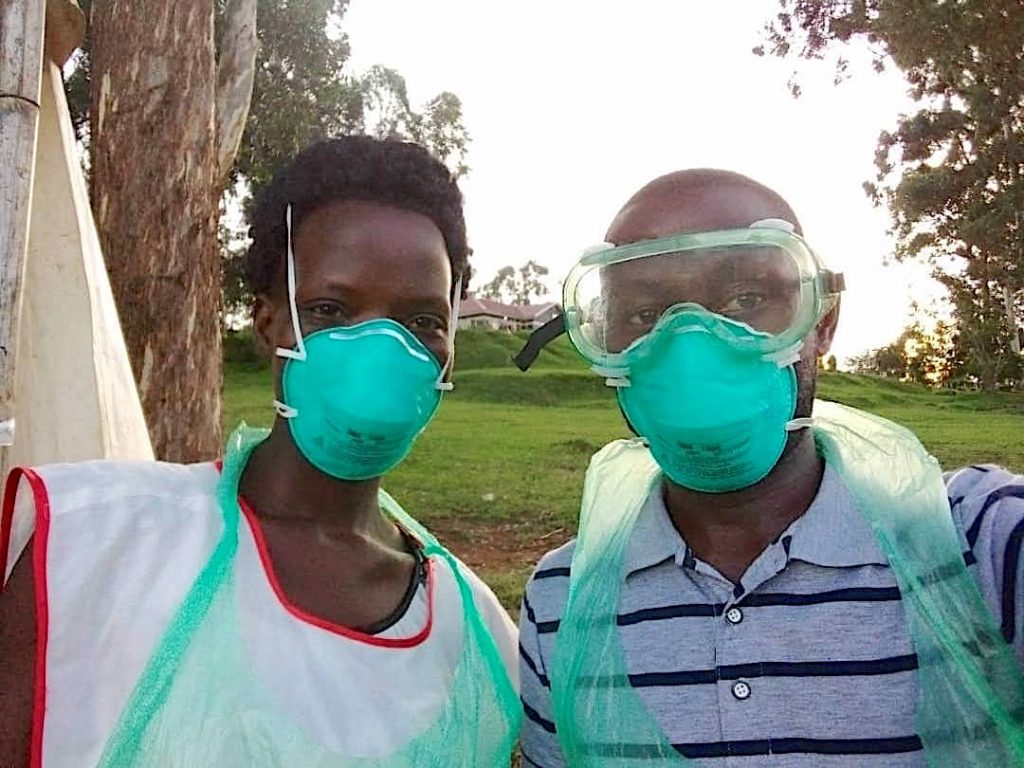
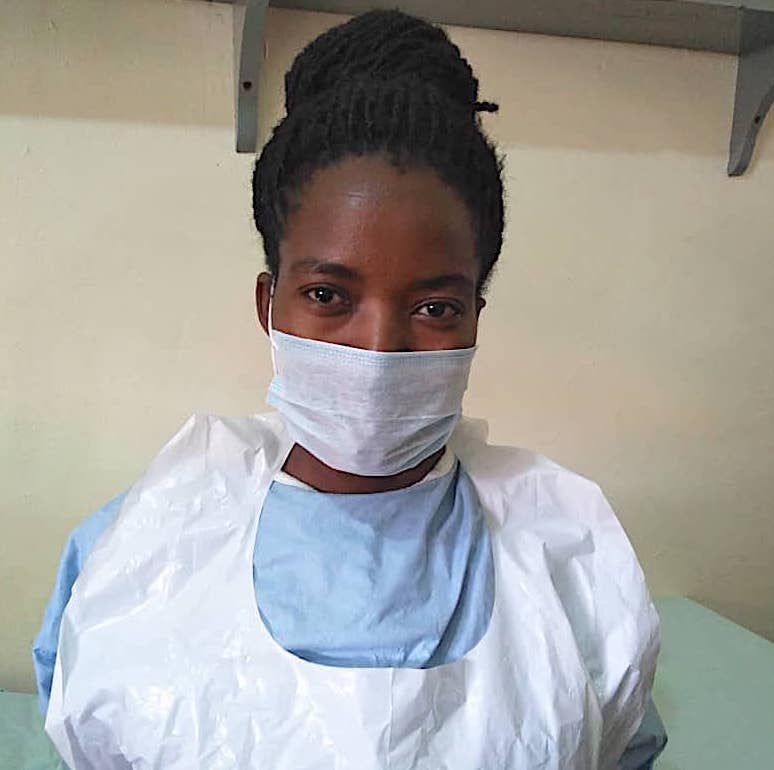

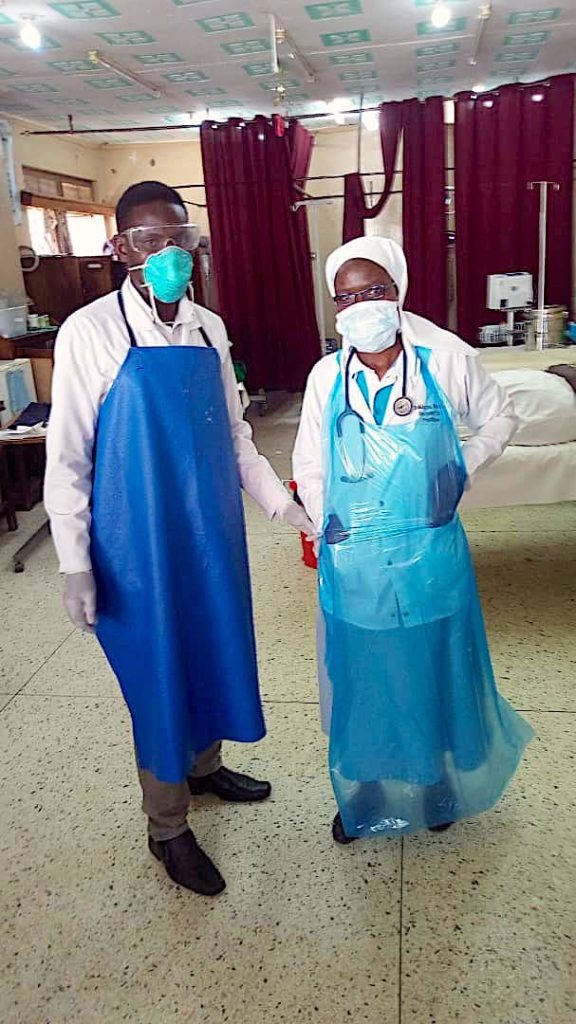
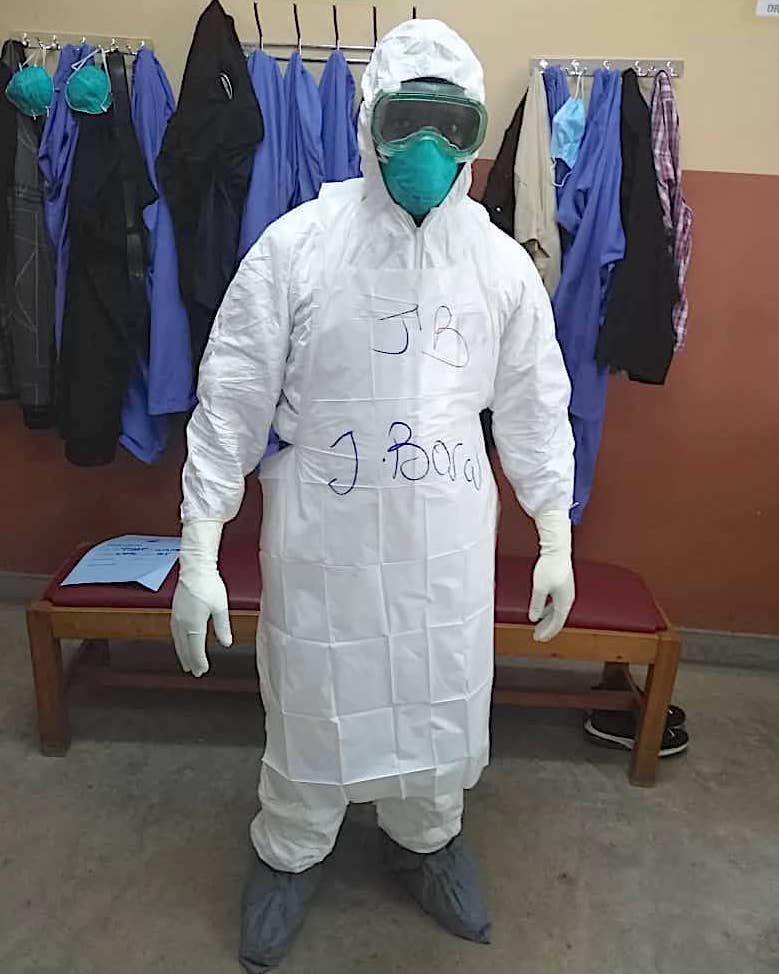
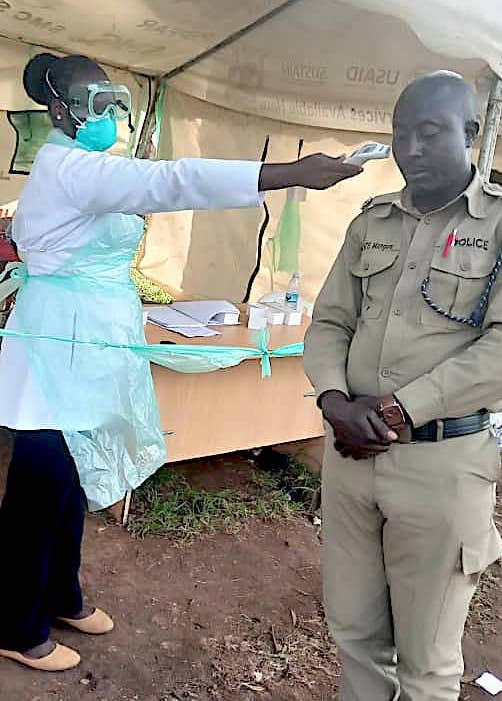
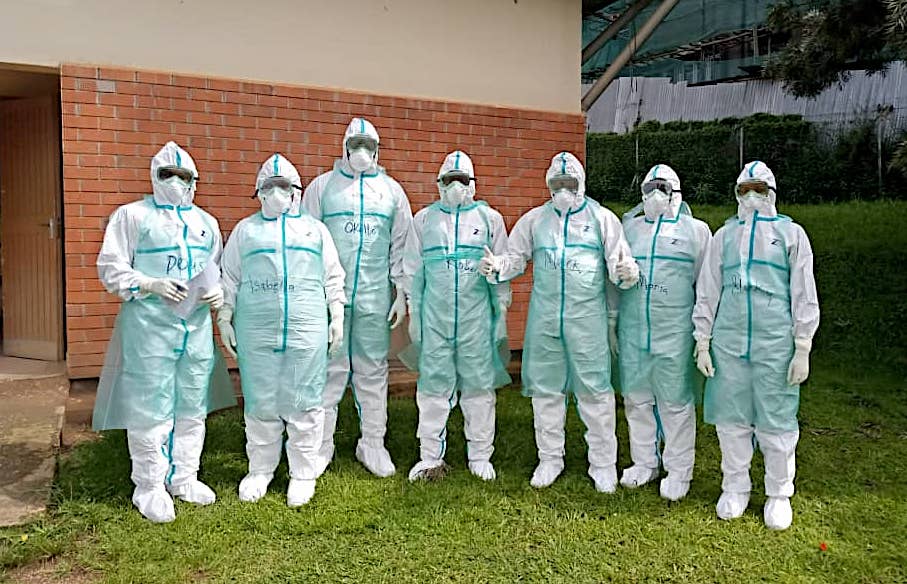
This Post Has 0 Comments